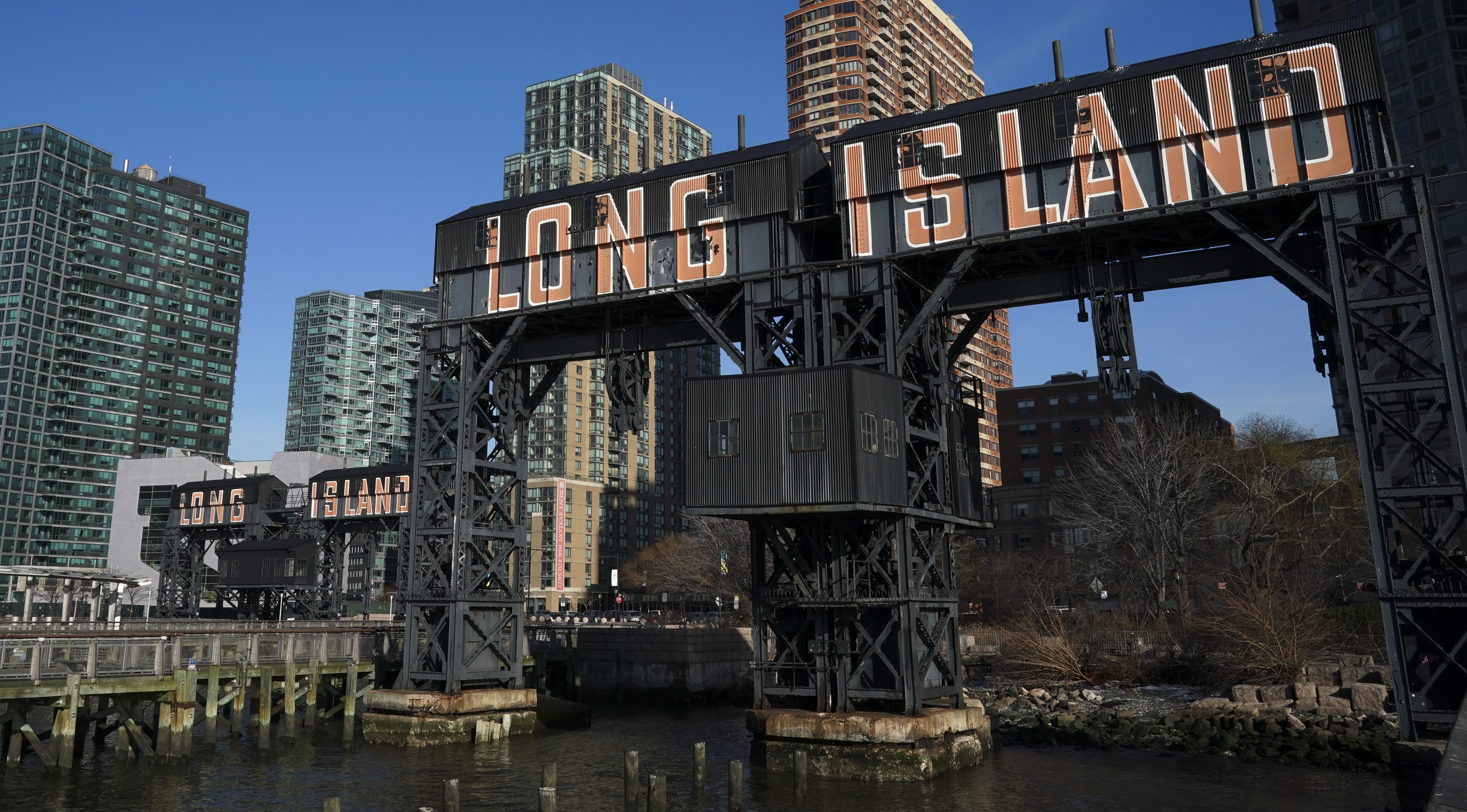
In the wake of Amazon pulling out of its deal for a new headquarters in New York, GE reimbursing Massachusetts the incentives it received to build a new headquarters in Boston, and Foxconn reconsidering its job creation promises to Wisconsin, many are opining that we are on the verge of a sea change in corporate tax incentives.
But economic history suggests that innovators will learn from these missteps and continue seeking megadeals. And cities will still be pressured to respond to these competitions with ballooning incentive packages in an inevitable race to the bottom.
Some elected officials have even called for federal action to halt the process by instituting a federal tax of 100 percent on every dollar a business receives in state or local incentives, but that is an unlikely political outcome. Experts have also pointed to other potential federal action, such as encouraging localities to work together, rather than compete, or giving local officials more tools to make informed decisions.
Megadeals are relatively rare in comparison to the larger range of economic development incentives that states and localities make available to companies. And the vast majority of job growth occurs from firms already in a community. But these deals are unlikely to go away anytime soon. City leaders should learn from these recent missteps and broader economic development research, and they should adopt inclusive approaches informed by research, data, and the insights of the wider community.
How can policymakers better approach corporate incentives?
When cities do engage in these competitions for major employers, they can take steps to reach a deal that benefits their entire community.
1. Improve incentive transparency and community engagement.
Closed-door tax incentive negotiations, while standard business in many states, can create a harmful “prisoners’ dilemma” among state and local governments. A lack of transparency allows cities and states to become pitted against one another, encourages a race to the bottom, and allows firms to skirt accountability requirements.
Transparent business incentive negotiations would allow for more effective use of data and evidence regarding the size and design of incentives, encourage more beneficial regional economic development collaboration, and build public trust in the policymaking process.
State and local governments can share information, holding one another accountable to agreed-upon standards of transparency, by adopting local codes of ethics or cooperative agreements or by establishing grant and revenue sharing programs, among other policy levers.
They may also adopt better community engagement and public input policies, allowing the public to voice concerns and ask for additional investments to curtail economic, environmental, or social justice-related challenges the community could face after a new, large firm moves into the area.
Lastly, state and local governments can adopt better data collection and reporting standards on tax incentives so that the public can deliberate on deals with full and accurate information, allowing the state to hold firms accountable to benchmarks and conduct rigorous economic impact evaluations. Cost-benefit analyses should go beyond simple job counts to examine economic ripple effects and added pressure on public infrastructure and resources that accompany a large siting decision.
2. Ensure economic development is inclusive.
Elected officials and economic development experts have highlighted the failure of economic development policy to address the needs of disadvantaged communities and people. Challenges associated with gentrification, affordable-housing loss, and poverty alleviation have taken center stage in the national conversation about how to ensure the benefits and burdens of an Amazon or other new employer are distributed equitably.
Too often these challenges don’t figure prominently in business incentive planning and recruitment, all in service of the idea that a rising tide will lift all boats. But research and history have shown that without intentional and focused action, these problems can get worse. Communities can undertake strategies to plan for and mitigate these challenges, including targeted investing, inclusive community development planning, and doubling down on proven human capital investments.
The discussion surrounding corporate incentives underscores the challenges corporations and city leaders face in meeting competing demands in a rapidly changing economy. We are in an era where community members want much more than jobs in return for their tax dollars—they want fairness and equity.
Are some communities destined to be left out of the megadeal conversation?
Amazon was clear in establishing its criteria for communities it would consider for its new headquarters: metropolitan areas with more than 1 million residents, a talent base and the ability to attract more talent, a preference for existing infrastructure, fiber connectivity, dense cellular coverage, and travel infrastructure (highway and air).
This wish list meant that only a handful of dynamic economies could even consider applying, underscoring the entrenchment of the status quo documented by researchers: communities already ahead of the game will only get stronger.
A community can do a lot to develop its talent base over time, but catching up in infrastructure upgrades and human capital investments (like K-12 and higher education) is difficult—especially in a short time frame. We need to uncover ways to ensure the vitality of these midsize urban communities and the rural exurbs that depend on them.
The Urban Institute’s work in the Great Lakes region, for example, highlights strategies that communities can use to spark growth, including investing in children and immigrants, strengthening older neighborhoods, and preparing workers for complex manufacturing jobs.
When communities invest in homegrown solutions to strengthen their economies, they are positioning themselves to attract major employers in the future—without a massive incentive deal.
Tune in and subscribe today.
The Urban Institute podcast, Evidence in Action, inspires changemakers to lead with evidence and act with equity. Cohosted by Urban President Sarah Rosen Wartell and Executive Vice President Kimberlyn Leary, every episode features in-depth discussions with experts and leaders on topics ranging from how to advance equity, to designing innovative solutions that achieve community impact, to what it means to practice evidence-based leadership.